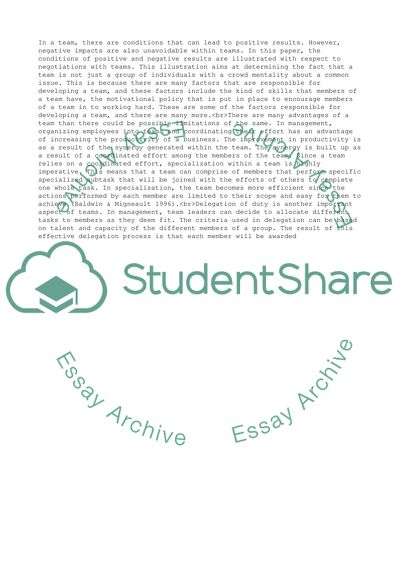Cite this document
(“People on organization Essay Example | Topics and Well Written Essays - 1500 words”, n.d.)
People on organization Essay Example | Topics and Well Written Essays - 1500 words. Retrieved from https://studentshare.org/management/1684709-people-on-organization
People on organization Essay Example | Topics and Well Written Essays - 1500 words. Retrieved from https://studentshare.org/management/1684709-people-on-organization
(People on Organization Essay Example | Topics and Well Written Essays - 1500 Words)
People on Organization Essay Example | Topics and Well Written Essays - 1500 Words. https://studentshare.org/management/1684709-people-on-organization.
People on Organization Essay Example | Topics and Well Written Essays - 1500 Words. https://studentshare.org/management/1684709-people-on-organization.
“People on Organization Essay Example | Topics and Well Written Essays - 1500 Words”, n.d. https://studentshare.org/management/1684709-people-on-organization.


